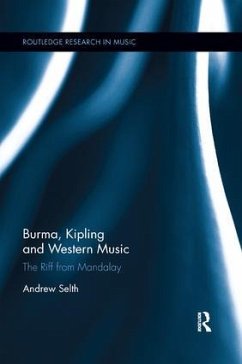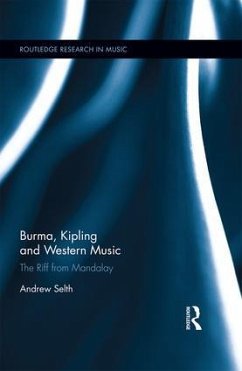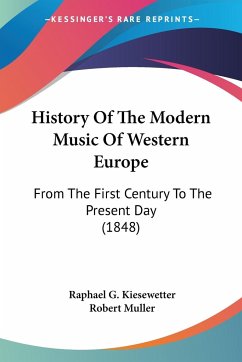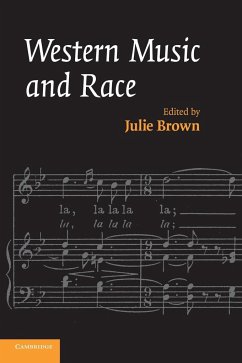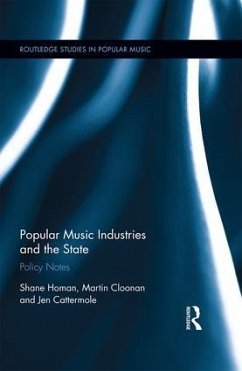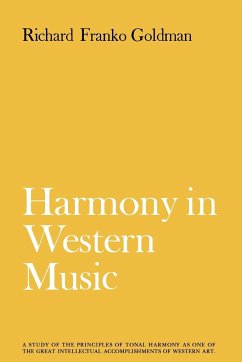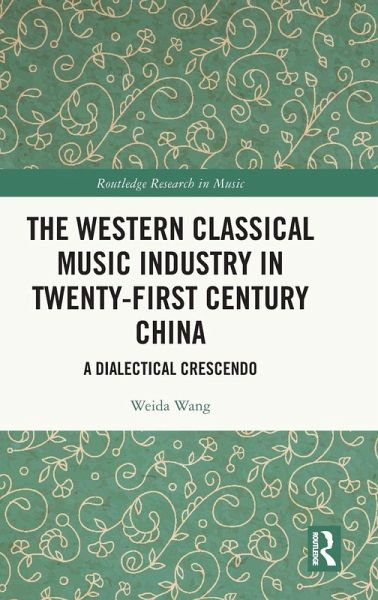
The Western Classical Music Industry in Twenty-First Century China
A Dialectical Crescendo
Versandkostenfrei!
Versandfertig in 1-2 Wochen
178,99 €
inkl. MwSt.
Weitere Ausgaben:

PAYBACK Punkte
89 °P sammeln!
Weida Wang explores how Western classical music has become increasingly popular in China, framing the industry as a complex entity embedded within China's political landscape, cultural economy, and cultural industries. The study delves into the mechanisms and underlying logics driving the rapid expansion of this market in contemporary China.







